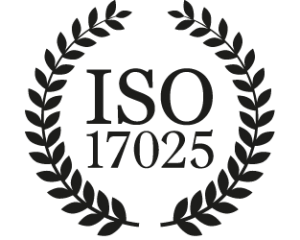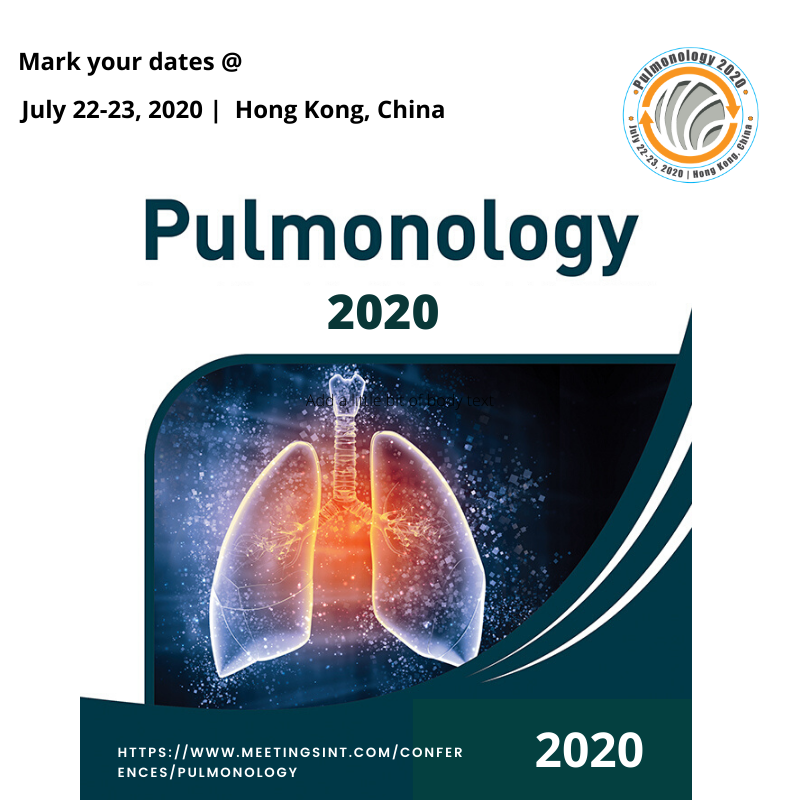Conferences
Conference Details
Understanding and Implementing an Effective Laboratory Quality Practice System : ISO 1725
Date :
Place : United States, Aurora
Website :http://bit.ly/2BAQ2PU
Contact Person:Training Doyens
Description:
OVERVIEW Part 1 QMS is the catch phrase for accreditation and is the backbone of ISO/IEC Standard 17025: The Quality System Manual (QSM) is the bible in a QMS environment because, much like its predecessor, Good Laboratory Practice (GLP), it contains the policies that the laboratory is expected to follow to achieve quality results. It is in fact only the “what to do” component of a QMS. What is also needed are the “how to do it” or procedures and methods and finally the controls or evidence that it was done properly. Part 2 Many laboratories regard Quality Assurance, Quality Assessment and Quality Control as independent activities, others use the terms interchangeably, e.g. QA/QC. This demonstrates a lack of appreciation of the differences between Assurance, Assessment and Control, as well as the interrelationships, particularly between QA and QC. This has created confusion in the minds of many analysts with respect to understanding how QA and QC play separate, but related roles for achieving Quality Assurance in a Quality Management System (QMS). WHY SHOULD YOU ATTEND Part 1 Accreditation to international standards is becoming the norm in the global analytical community. Although essentially voluntary, there are many jurisdictions that now require food and environmental laboratories to be accredited to ISO/IEC 17025 in order to participate in regulatory programs. Once accreditation has been achieved many laboratories have difficulty maintaining the QMS as evidenced by the number of non-conformances cited during the subsequent biannual audits. Why do you want to become accredited? Where do you start? For laboratories that are already accredited, how do you ensure staff adherence and ongoing compliance to minimize corrective actions arising from accreditation audits? Many laboratories struggle with developing and implementing a functional quality management system that not only complies with the management and technical requirements of ISO/IEC 17025b but also meets their own needs and those of their customers. Part 2 QMS is the catch phrase for accreditation and is the backbone of ISO/IEC Standard 17025:Accreditation to international standards is becoming the norm in the global analytical community. Although essentially voluntary, there are many jurisdictions that now require food and environmental laboratories to be accredited to ISO/IEC 17025 in order to participate in regulatory programs. This webinar is the 2nd in the series and will address how to develop and maintain the technical components of the QMS. AREAS COVERED Part 1 Management Components of a QMS Document Control Quality System Review of Requests, Tenders and Contracts Subcontracting of Tests and Calibrations Purchasing Services and Supplies Service to Customer Control of Non-conforming Testing and/or Calibration Work Control of Records Internal Audits Part 2 Accommodation and Environmental Conditions Test and Calibration Methods and Method Validation Equipment Measurement Traceability Sampling Handling of Test and Calibration Items Assuring the Quality of Test and Calibration Results LEARNING OBJECTIVES Part 1 Policies vs. Procedures Documents vs. Records Part 2 Technical Requirements of a QMS Method Selection Validation and Verification Ensuring analytical competency WHO WILL BENEFIT Laboratory Management/Supervision Laboratory Quality Development Laboratory Quality Management Laboratory Quality Control Analytical support For more details click on this link: http://bit.ly/2BAQ2PUUnderstanding and Implementing an Effective Laboratory Quality Practice System : ISO 1725 will be held in Aurora,United States on date 2018-04-02
Deadline for abstracts/proposals : 2nd April 2018
Organized By :Training Doyens
Keynote Speakers : Michael Brodsky has been an Environmental Microbiologist for more than 42 years. He is a Past President of the Ontario Food Protection Association, The International Association for Food Protection and AOAC International. He serves as co-Chair for the AOAC Expert Review Panel for Microbiology, as a scientific reviewer in Microbiology for the AOAC OMA and the AOAC Research Institute, as a reviewer for Standard Method for the Examination of Water and Wastewater and as a chapter editor on QA for
Venue :Training Doyens, Aurora, CO, United States
Check the event website for more details.


